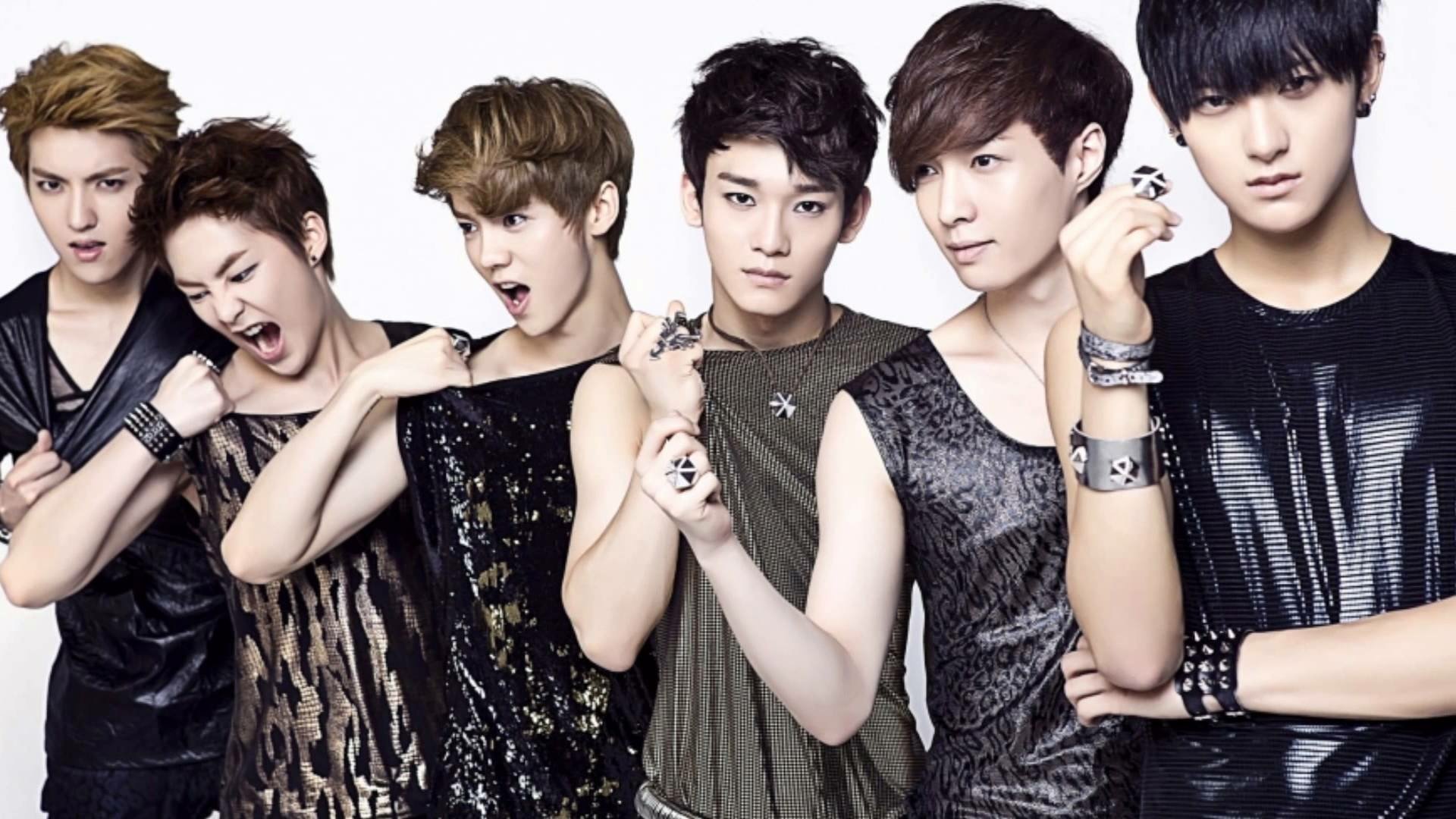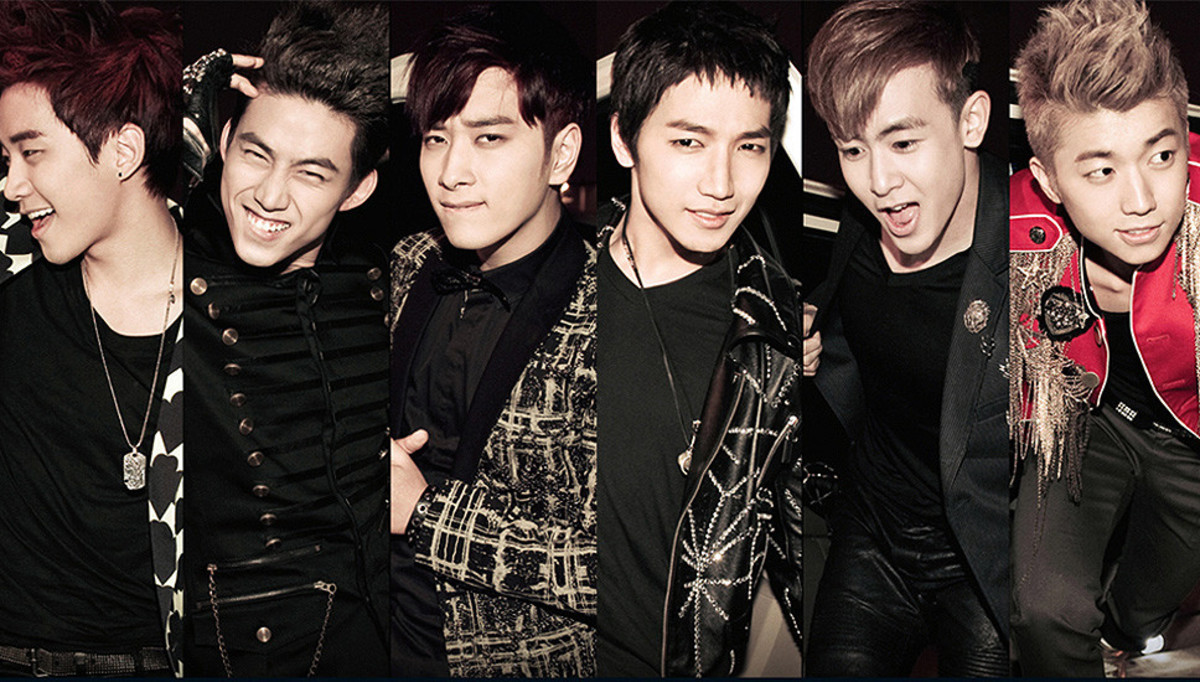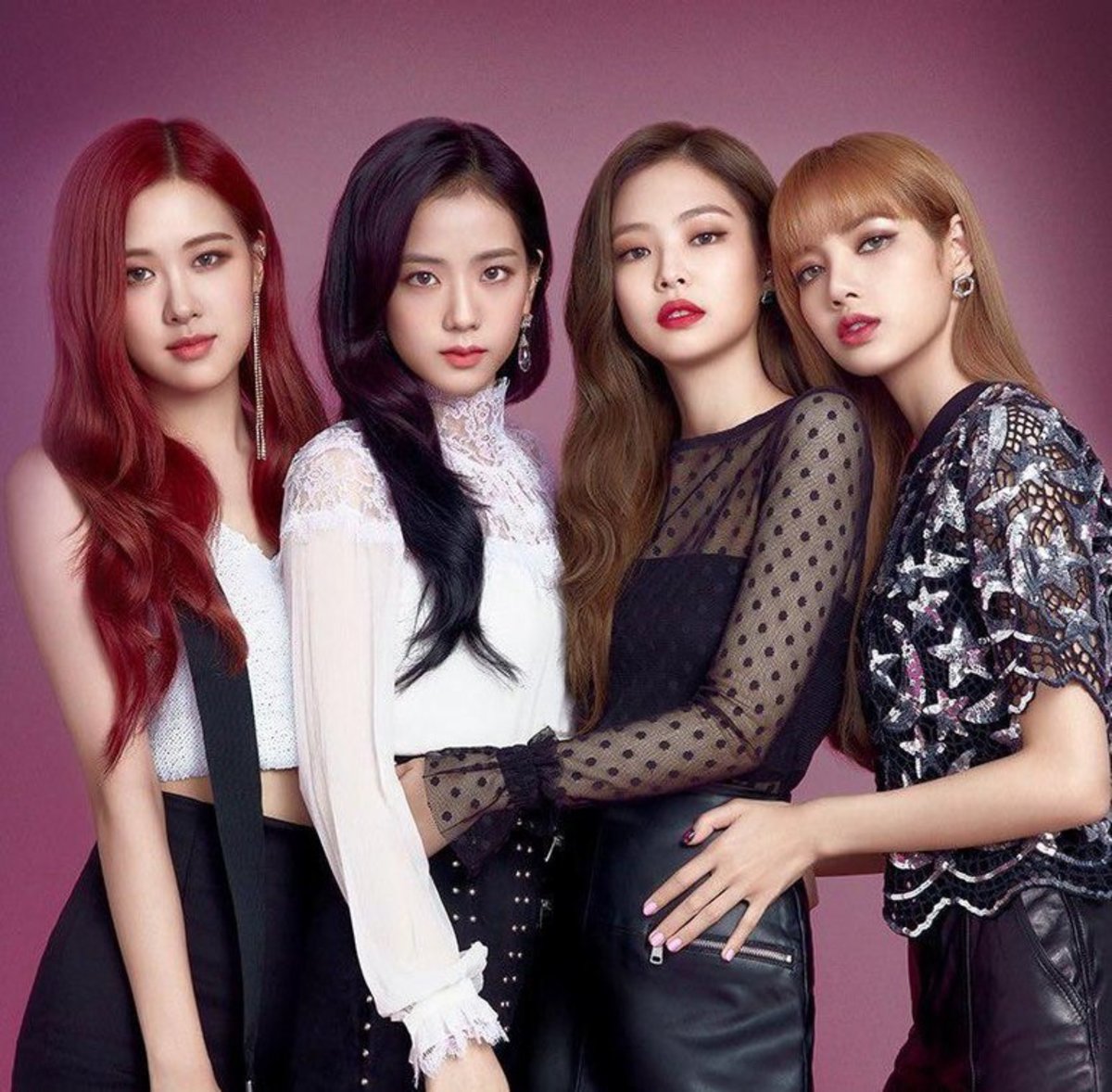The K-Pop Phenomenon: A Global Cultural Revolution
K-Pop, the vibrant musical genre originating from South Korea, has transcended geographical boundaries to become a formidable global cultural force. Its infectious melodies, synchronized choreographies, and captivating visuals have not only redefined the music industry but also reshaped global pop culture. This dynamic genre, known for its high production value and meticulously crafted artistry, continues to captivate audiences worldwide, setting new benchmarks for entertainment.
From stadium-filling concerts to record-breaking digital streams, K-Pop's influence is undeniable. It's a genre that doesn't just produce music; it creates an immersive experience that draws millions into its orbit. This article delves into what defines this unique Korean musical genre, exploring its intricate appeal, the meticulous system behind its stars, and its ever-expanding reach across various media, solidifying its position as a true global leader in entertainment.
Table of Contents
- What Defines K-Pop? More Than Just Music
- The Meticulous Machine: K-Pop's Trainee System
- K-Pop's Unprecedented Global Dominance
- Beyond the Stage: K-Pop's Multimedia Expansion
- The Lyrical Landscape: From "Soda Pop" to Social Commentary
- Economic Impact and Cultural Diplomacy
- The Future of K-Pop: Evolution and Innovation
- Addressing Criticisms and Challenges
What Defines K-Pop? More Than Just Music
So, what exactly defines this Korean musical genre that has taken the world by storm? K-Pop is far more than just a musical style; it's a comprehensive entertainment package. It masterfully blends diverse musical genres—from hip-hop and R&B to electronic dance music and rock—with stunning visuals, intricate choreography, and compelling storytelling. This genre captivates millions with its rich visuals, intricate performances, and high-quality production values that are often unparalleled in the global music scene. The genre's ability to adapt to changing times and embrace new trends is a key factor in its enduring appeal and global expansion.
- Dodgers Nation
- Peggy Schuyler
- Baby John Full Movie
- Intercontinental San Diego An Ihg Hotel
- Rossy Mendoza
The essence of K-Pop lies in its holistic approach to artistry. Every element, from the music video concept to the stage outfits, is meticulously planned and executed to create a cohesive and impactful experience. This attention to detail ensures that each comeback is a major event, eagerly anticipated by fans worldwide. It's a testament to the dedication of the artists and the creative teams behind them that K-Pop continues to push boundaries and redefine what pop music can be.
The Visual and Performance Spectacle
One of the most striking characteristics of K-Pop is its emphasis on visual artistry and synchronized performances. Music videos are often cinematic masterpieces, featuring elaborate sets, vibrant aesthetics, and cutting-edge special effects. These visuals are not just decorative; they often contribute to the narrative or concept of the song, adding layers of meaning for fans to uncover. Beyond the screen, live performances are nothing short of spectacular. Idols undergo rigorous training to master complex choreographies that are executed with breathtaking precision and energy. These dance routines are often as iconic as the songs themselves, becoming viral challenges and a hallmark of the K-Pop experience. The synergy between music, dance, and visual storytelling creates an immersive world that keeps fans coming back for more.
Musical Versatility and Production Quality
While often categorized simply as "pop," K-Pop's musical landscape is incredibly diverse. Artists frequently experiment with a wide array of genres, ensuring that their discographies remain fresh and engaging. You might find a powerful ballad followed by an upbeat electronic track, showcasing the versatility of the artists and producers. The production quality in K-Pop is consistently high, with top-tier producers and songwriters from around the globe contributing to its sound. This commitment to excellence ensures that K-Pop tracks are not only catchy but also sonically rich and sophisticated. The lyrics, too, vary widely, exploring themes from love and heartbreak to social commentary and self-empowerment, offering something for every listener.
- American Prohibition Museum
- Hotel Aka Back Bay
- Rochester Ny Obituaries
- Simply Wholesome
- Arturo Merino Benitez International Airport
The Meticulous Machine: K-Pop's Trainee System
Behind the dazzling performances and chart-topping hits lies a rigorous and highly competitive system: the K-Pop trainee program. This system is the backbone of the industry, responsible for cultivating the raw talent into polished idols. Aspiring stars, often scouted at a young age, undergo years of intensive training in singing, dancing, rapping, acting, and even foreign languages. Auditions are held globally, with agencies like SM, YG, and JYP Entertainment constantly seeking out the next big talent. For instance, major entertainment companies routinely hold global auditions, with events taking place in numerous cities across Korea, China, Japan, and other countries, highlighting the vast pool of talent they aim to tap into.
The trainee period can last anywhere from a few months to over a decade, with no guarantee of debut. Trainees live together, adhering to strict schedules that include daily vocal lessons, dance practice for hours on end, fitness regimes, and media training. This demanding environment is designed to build resilience, discipline, and the comprehensive skill set required to succeed in the cutthroat industry. Only a select few ever make it to debut, emerging as idols ready to face the global stage. This meticulous development process ensures that when a K-Pop group finally debuts, they are already highly skilled and prepared for the intense demands of their careers.
K-Pop's Unprecedented Global Dominance
K-Pop has firmly established itself as a global phenomenon, transcending language barriers and cultural differences to build a massive international following. Its rise has been meteoric, transforming it from a niche genre into a mainstream cultural force. We are truly witnessing a leader in international K-Pop and Korean culture. The genre's global appeal is evident in its consistent presence on international charts, sold-out world tours, and the fervent dedication of its fanbases across continents. This widespread acceptance is a testament to K-Pop's universal themes, infectious melodies, and the sheer charisma of its idols.
The impact of K-Pop extends beyond music sales. It has fueled interest in Korean fashion, beauty, cuisine, and language, contributing significantly to the "Hallyu," or Korean Wave. This cultural export has not only boosted South Korea's soft power but also created a vibrant global community united by a shared passion for K-Pop. The genre's ability to connect with diverse audiences through authentic storytelling and relatable emotions has solidified its position as a true global leader in entertainment.
Breaking Records and Borders
K-Pop groups consistently break records previously thought unattainable for non-English speaking artists. From topping the Billboard charts to selling out legendary venues like Wembley Stadium, their achievements are a clear indicator of their global reach. Consider the buzz around major groups: the Blackpink "Born Pink" world tour trailer, for instance, already outdid half or more K-Pop content this year in terms of hype and anticipation, imagine the comeback! This level of global excitement for K-Pop comebacks and tours is unparalleled, showcasing the immense power and influence these groups wield. They are not just popular in Asia; they are household names in North America, Europe, Latin America, and beyond, proving that great music and captivating performances know no borders.
The Power of Fandoms
A significant driver of K-Pop's global dominance is its incredibly organized and passionate fanbases. These fandoms, often operating under unique names (e.g., ARMY for BTS, BLINK for Blackpink), are more than just casual listeners; they are active participants in their idols' success. They organize mass streaming parties, fund billboard advertisements, vote relentlessly in online polls, and even engage in philanthropic activities in their idols' names. This collective power amplifies the artists' reach and influence, turning every release into a global event. The strong bond between idols and their fans, fostered through various interactive platforms and content, creates a loyal community that is instrumental in sustaining K-Pop's global momentum. This deep connection makes K-Pop a unique phenomenon where fans feel genuinely invested in the journey of their favorite artists.
Beyond the Stage: K-Pop's Multimedia Expansion
K-Pop idols are not just musicians; they are multi-talented entertainers who seamlessly transition into various other media. This versatility is a core part of the K-Pop business model, allowing idols to extend their brand and influence far beyond the music charts. Many idols venture into acting, starring in popular K-dramas and films, further boosting the global appeal of Korean entertainment. Their strong visual presence and trained performance skills make them natural fits for the screen, often leading to critical acclaim and wider recognition.
Furthermore, K-Pop's reach extends into animation and other creative projects. For example, members like Jeongyeon, Jihyo, and Chaeyoung from the popular group TWICE convey similar sentiments of enthusiasm, as they are able to lend their voices to portray characters in a project that aims to blend animation and K-Pop, showcasing the genre's innovative spirit. This integration into animated content opens up new avenues for storytelling and fan engagement, appealing to a broader audience, including younger demographics. Idols are also highly sought-after brand ambassadors for fashion, beauty, and luxury brands, appearing in bold event coverage and news music segments, solidifying their status as global style icons. This multimedia expansion ensures that K-Pop remains relevant and visible across diverse platforms, constantly finding new ways to connect with its audience.
The Lyrical Landscape: From "Soda Pop" to Social Commentary
The lyrical content in K-Pop is as diverse as its musical styles, ranging from lighthearted, catchy tunes to deeply introspective and socially conscious narratives. While many songs focus on themes of love, friendship, and self-empowerment, often with playful and memorable phrases, others delve into more complex societal issues. This range allows K-Pop to resonate with a wide array of listeners, regardless of their background or personal experiences.
For instance, some songs embrace a carefree, addictive vibe, using simple yet effective metaphors to convey affection and desire. Imagine lyrics like, "You're all I can think of, every drop I drink up, you're my soda pop, my little soda pop, cool me down, you're so hot, pour me up, I won't stop, you're my soda pop, my little soda pop." These lines perfectly capture the sweet, irresistible nature of a crush, making the song instantly relatable and memorable. On the other hand, K-Pop also explores more profound and introspective themes. Some lyrics can be intensely emotional, touching upon struggles, resilience, and the pursuit of dreams, often with a powerful, almost prayer-like intensity, as seen in lines like, "Pray for me now, pray for me now (Dies Irae), pray for me now (illa), pray for me now (vos solve in), pray for me now (favilla), pray for me now." These more serious lyrical themes showcase the depth and artistic ambition present in the genre, allowing idols to express vulnerability and connect with fans on a deeper emotional level. This duality in lyrical content is a testament to K-Pop's ability to cater to various moods and offer multifaceted narratives.
Economic Impact and Cultural Diplomacy
The economic impact of K-Pop on South Korea is immense. It has become a significant export industry, generating billions of dollars annually through music sales, concerts, merchandise, and related industries like tourism and fashion. The "Hallyu" wave, largely propelled by K-Pop, has transformed South Korea into a global cultural powerhouse, attracting millions of tourists eager to experience the culture firsthand. From visiting filming locations to attending fan events, K-Pop tourism is a booming sector.
Beyond economics, K-Pop serves as a powerful tool for cultural diplomacy. It has introduced Korean culture to corners of the world where it was previously unknown, fostering understanding and appreciation. K-Pop idols often participate in international cultural exchange programs, meet world leaders, and use their platforms to advocate for social causes, further enhancing South Korea's global image. This soft power has proven to be incredibly effective in building bridges between nations and promoting a positive perception of South Korea worldwide.
The Future of K-Pop: Evolution and Innovation
The future of K-Pop looks brighter than ever, marked by continuous evolution and innovation. The genre’s ability to adapt to changing times and embrace new technologies ensures its longevity. We can expect to see further experimentation with musical genres, more global collaborations with Western artists, and the integration of cutting-edge technology in performances and content creation, such as virtual reality and augmented reality experiences. The industry is also exploring new ways to engage with fans, leveraging platforms like the metaverse and AI to create even more immersive and interactive experiences.
Furthermore, the global scouting system will likely expand, bringing in talent from even more diverse backgrounds, which will in turn enrich the sound and cultural tapestry of K-Pop. As the industry matures, there will be an increased focus on sustainability, ethical practices, and artist well-being, ensuring that the growth is not just rapid but also responsible. K-Pop is not just a trend; it's a dynamic and resilient force that will continue to shape the global music landscape for years to come.
Addressing Criticisms and Challenges
While K-Pop's global success is undeniable, it is not without its criticisms and challenges. The intense trainee system, while effective in producing highly skilled artists, has faced scrutiny for its demanding nature, long hours, and the immense pressure placed on young individuals. Concerns about mental health within the industry are frequently raised, prompting discussions about better support systems for idols. The industry is also sometimes criticized for its strict control over idols' personal lives and public image, which can limit their artistic freedom and individuality.
Additionally, as K-Pop gains global traction, issues such as cultural appropriation have become more prominent. Groups and agencies are increasingly urged to be more mindful of cultural sensitivities when incorporating elements from other cultures into their music, concepts, and styling. Addressing these challenges transparently and proactively will be crucial for K-Pop's continued growth and acceptance on the global stage, ensuring a more ethical and sustainable future for the industry and its artists.
Conclusion
K-Pop has undeniably carved out a unique and powerful niche in the global entertainment landscape. From its meticulous trainee system and visually stunning performances to its diverse musical palette and unparalleled global reach, K-Pop offers an immersive and captivating experience unlike any other. It has become a true cultural phenomenon, leading the way in international music and influencing trends far beyond the stage.
As K-Pop continues to evolve and innovate, its impact will only grow. What are your thoughts on the global rise of K-Pop? Share your favorite K-Pop groups or songs in the comments below, and let's celebrate this incredible genre together! Don't forget to explore more articles on our site to dive deeper into the fascinating world of global music and culture.
- Ondo Jersey City
- Home Depot Missoula
- Rochester Ny Obituaries
- North Harbor Tower
- Mexican Food Trucks Near Me

K-pop Group HD Desktop Wallpaper

Best Kpop Songs 2024 - Debra Magdalene

5 Best K-Pop Girl Groups of 2019 - Spinditty